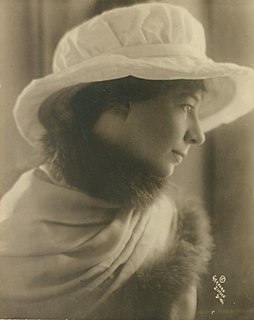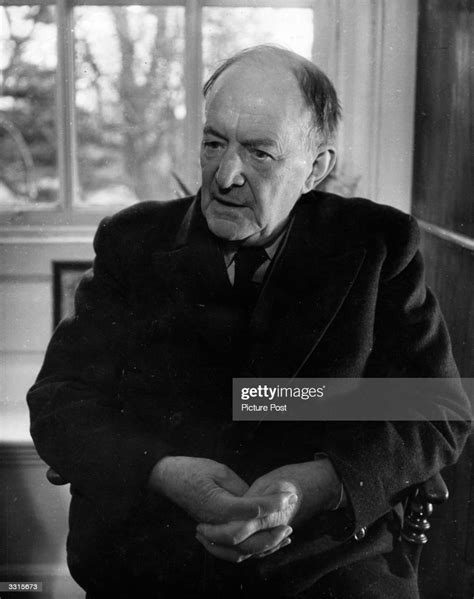A Quote by Henry Adams
Related Quotes
No doubt Carlyle has a propensity to exaggerate the heroic in history, that is, he creates you an ideal hero rather than another thing.... Yet what were history if he did not exaggerate it? How comes it that history never has to wait for facts, but for a man to write it? The ages may go on forgetting the facts never so long, he can remember two for every one forgotten. The musty records of history, like the catacombs, contain the perishable remains, but only in the breast of genius are embalmed the souls of heroes.
Many of the ugly pages of American history have been obscured and forgotten....America owes a debt of justice which it has only begun to pay. If it loses the will to finish or slackens in its determination, history will recall its crimes and the country that would be great will lack the most indispensable element of greatness-justice.
It is too often forgotten that when the Europeans gained enough maritime skills and gunpowder to conquer most of the world, they not only colonized the bulk of the world's people but they colonized the interpretation of history itself. Human history was rewritten to favor them at the expense of other people. The roots of modern racism can be traced to this conquest and colonization.
I first became fascinated with the Sears catalogue because all the people in its pages were perfect. Nearly everybody I knew had something missing, a finger cut off, a toe split, an ear half-chewed away, an eye clouded with blindness from a glancing fence staple. And if they didn't have something missing, they were carrying scars from barbed wire, or knives, or fishhooks. But the people in the catalogue had no such hurts. They were not only whole, had all their arms and legs and eyes on their unscarred bodies, but they were also beautiful.
We have all forgotten what we really are. All that we call common sense and rationality and practicality and positivism only means that for certain dead levels of our life we forget that we have forgotten. All that we call spirit and art and ecstasy only means that for one awful instant we remember that we forget.
I might mention all the divine charms of a bright spring day, but if you had never in your life utterly forgotten yourself in straining your eyes after the mounting lark, or in wandering through the still lanes when the fresh-opened blossoms fill them with a sacred silent beauty like that of fretted aisles, where would be the use of my descriptive catalogue?








































